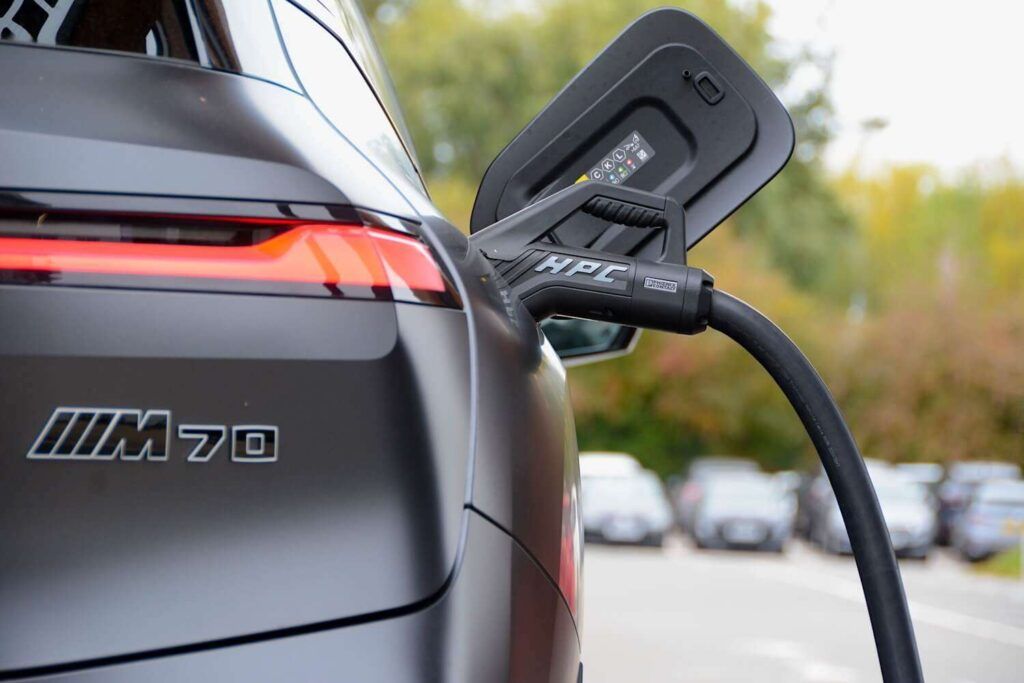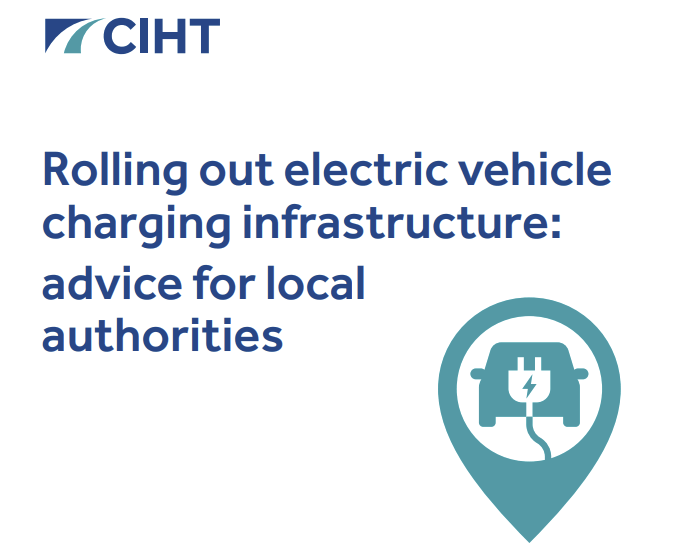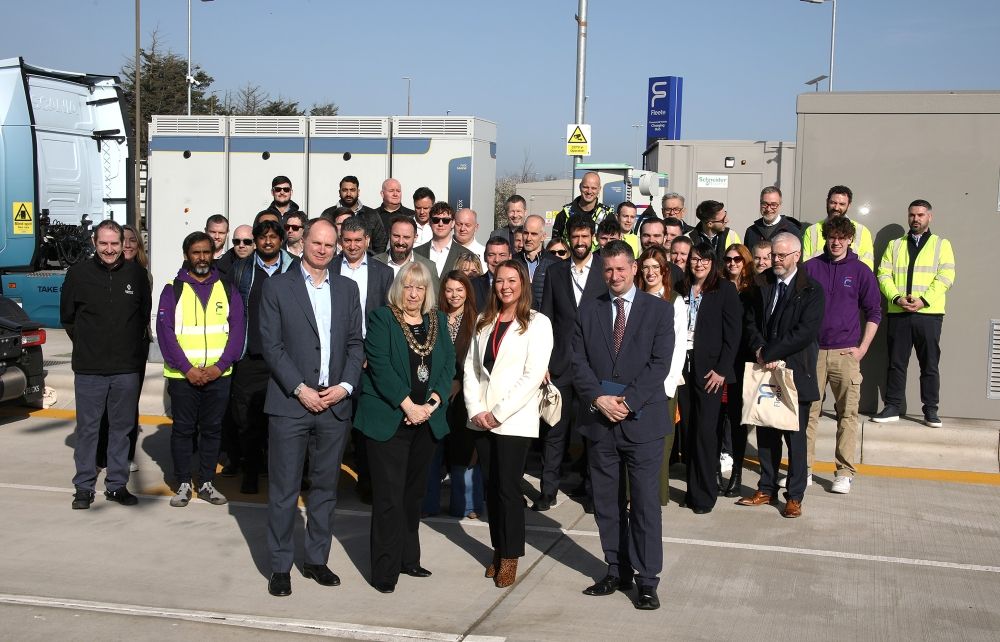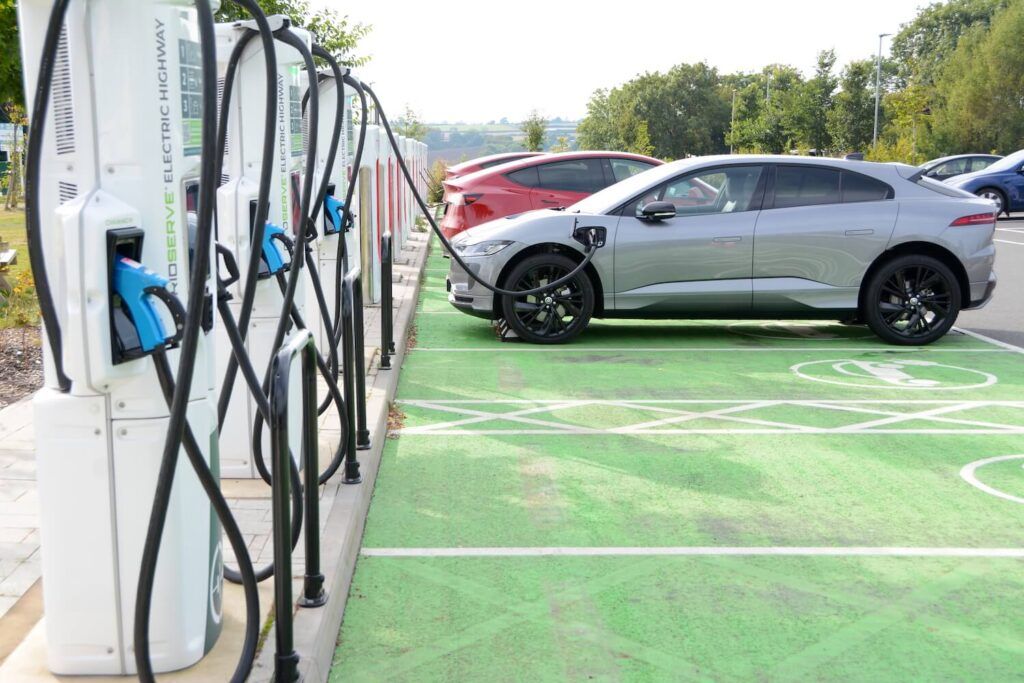“Extreme pressure” will be put on the UK car manufacturing industry following Donald Trump confirming 25% tariffs on US car imports – but it also offers an opportunity to accelerate the transition to EVs.
The findings, in a new report from the Institute for Public Policy Research (IPPR), found that more than 25,000 jobs are at risk as exports to America would fall in such a scenario, with UK employees at Jaguar Land Rover and the Cowley Mini factory being some of the most exposed.
But, the IPPR also said that the UK is still “well placed” to capitalise on the transition to net zero and build on its niche of manufacturing green planes, trains and automobiles.
The authors of its study said the only way to secure transport manufacturing jobs in the UK was to “double down on making sure Britain is competitive in zero- or low emission-transport products”.
With the export value of internal combustion engine cars falling 24% between 2018 and 2022, the sale of electric cars soared by 740%, and the UK has pre-existing strengths to take full advantage of this trend.
Over a third (35%) of cars manufactured in the UK in 2024 were electric or hybrid models, many of which were exported.
The think tank said the UK currently has 4,938 firms in the UK that manufacture transport products and their components, with 263,000 employees and an annual turnover of £102.1bn. Many already manufacture green transport products – or have the capacity to do so.
In addition to making up for decreased car exports to the US elsewhere by focusing on capturing the growing international demand for green vehicles, there is also a “huge untapped internal market”, the IPPR said.
Car manufacturing in the UK is now 2.5 times lower than car registration – meaning there is currently a significant reliance on importing cars.
The think tank argued that if the government encourages consumers—both in the UK and internationally—to “buy British and buy green,” the UK could boost economic growth, create jobs, and advance key climate goals.
IPPR is advising the government to include the following in its upcoming industrial strategy:
- Expand UK demand for green transport products, by offering incentives on domestic made electric cars to consumers, cutting VAT on public charging points and providing grants to lower-income buyers
- Leverage the public sector’s purchasing power by electrifying bus fleets and rail lines and ensuring procurement contracts prioritize UK-based producers
- Attract investment into green transport manufacturing projects by using the National Wealth Fund and British Business Bank to enter joint ventures with private funders and provide finance to promising businesses
- Capitalise on trade opportunities for green transport products, by reducing customs and regulatory frictions with the EU and introducing well-targeted tariff reductions for crucial inputs, such as battery components, to keep manufacturers’ costs as low as possible
Pranesh Narayanan, research fellow at IPPR, said:
“Trump’s tariffs have huge potential to completely destabilise the UK car manufacturing industry, affecting tens of thousands of jobs and putting the government’s growth plans at jeopardy.
“However, as one door closes another one opens. There is huge untapped potential in manufacturing green planes, trains and automobiles and selling them at home and abroad. If the government use the upcoming industrial strategy to drive investment in these sectors, this could be the spark that leads to thousands of new consumers to start buying British and buying green.”
Image from Shutterstock












